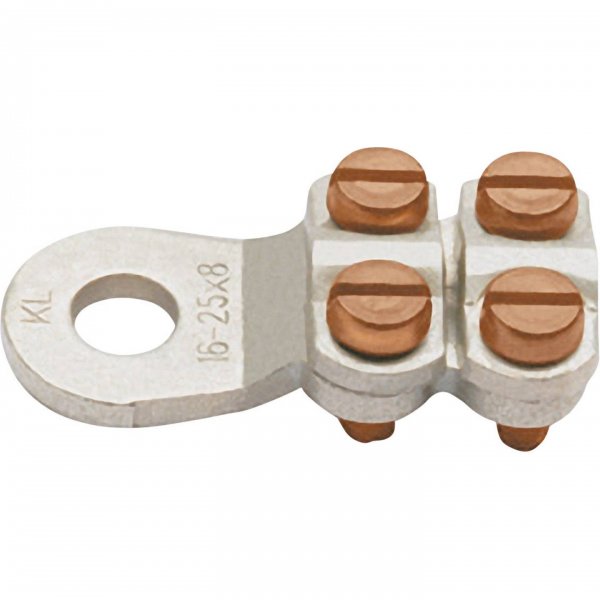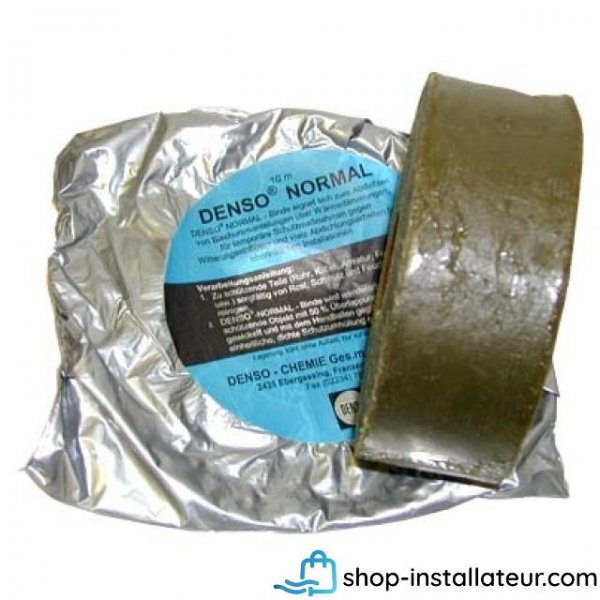that's good, i thought different norms in the world. In Germany, everything is strictly prescribed by VDE (Association of Electrical Engineering).The drawing looks exactly the same as the USA. But why wouldn't it be. Electricity does not see boarders, and I doubt planetary boundaries. We bond it all in can at the first point the utility drops the power in the building. Not in an external innersystem bonding jumper. With multiple power sources such as solar, wind and hydro and generators, that is happening in the transfer switch or hybrid inverter. Sometimes its a mess of $%&# in a wall crimped together.
And we have galvanized rods too. They are considerd inferior, but most people use them to save money.
I honestly don't know which looses its conductive attachment to earth faster. I have absolutly seen the connection point of wire to electode fails first. I also see stranded fails before solid, especially in earth. Chemical rods have a 20 year life. The salts eat them up. I assume any electrode in highly conductive earth is reacting with the soil and being eaten away faster than an electrode in poor soil. The life of your ground will also be influenced by the quality of your electrical system and whats attaches to the system. If you have a bunch of leaking voltage, the current is going to earth, and the electrode will see current and loose electrons to the surrounding environment. If there is no stray voltage, the electrode will have less reason to react with the surrounding soils.
Like I said above. I can get a 5 ohm ground anywhere. Just what will it take. In Houston Texas, they use a 1/2" copper rod. Just one. And its like 6 feet or so long. I don't rhink they are even 8 feet. And every one I tested was 2 ohms or so. In Arizona I know a guy who had 8 or 10 x 40 foot deep holes drilled in a star pattern, then an electode potted in each in GEM. The owner was sat down at a table and told his ground is so effective, it will draw lightining to it. He may consider installing a ligting shield. Something like a CMCE suppressor. But that may have pushed the strikes onto neighbors homes. So they let it hit earth. So far It stays in the earth and dos not come back into the structure.
Deviations greater than 0.6ohms are rarely found when a test is carried out after three years. I think it also depends on the weather.
for the connection we use ring cable lugs made of copper with anti-corrosion contact surfaces.
protection against moisture denso bandage



